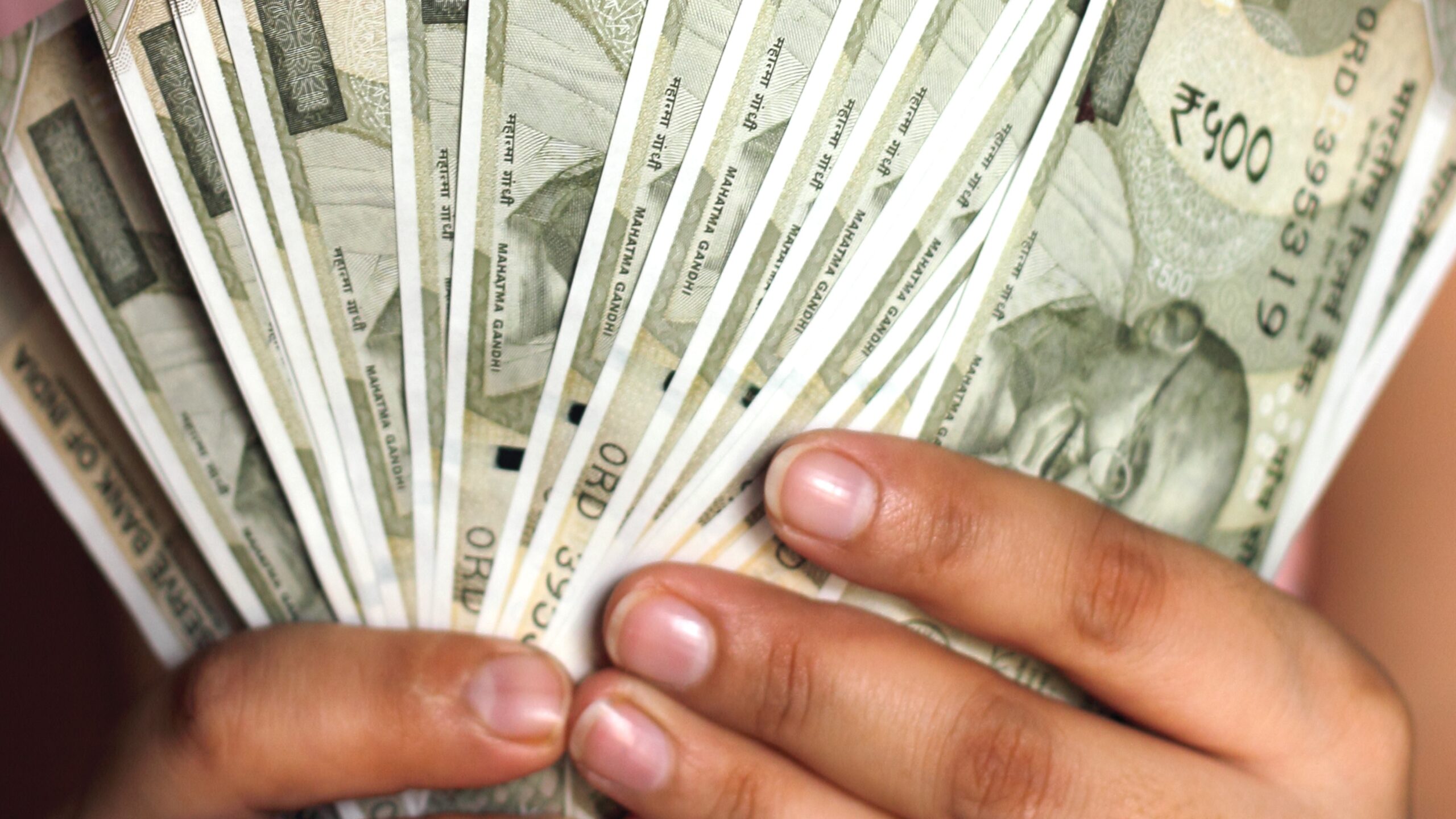Personal income tax collections have once again overtaken corporate tax revenues in India. At first glance, this looks like a success story of formalisation, digitisation, and better tax compliance. More people are filing returns, more income is being reported, and the government’s tax base is widening.
But beneath the surface, the picture is more complicated. Corporate tax’s share in total direct taxes has steadily declined over the past decade, while individuals are carrying a growing share of the tax burden. Salaries declared in tax filings have risen sharply, yet real wages — what workers actually earn after adjusting for inflation — have barely kept up. In fact, real wages for regular and casual workers are lower today than they were before the pandemic.
What this means is simple: even as the government collects more from individuals, the benefits of higher tax compliance are not translating into higher living standards for most people. The story of rising personal income tax collections is as much about growing tax discipline as it is about the increasing weight on middle-class and salaried households.
At the same time, corporate contributions have fallen, partly due to repeated corporate tax cuts. The imbalance raises an uncomfortable question: are ordinary taxpayers now shouldering more of the fiscal load while businesses contribute less?
As GST registrations climb and compliance deepens, the government will have to answer whether the current tax system is fair, and more importantly, whether it is sustainable. After all, a tax system works best when both individuals and corporations contribute their fair share
– Team CFA

